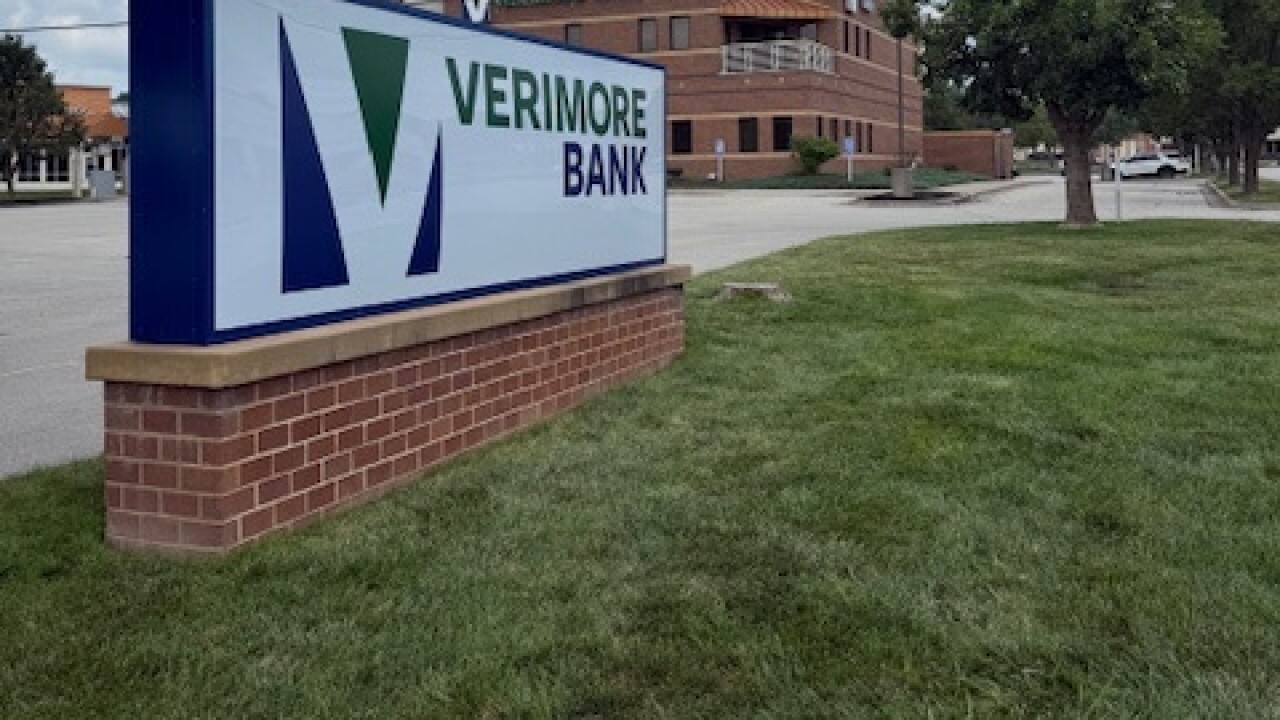Pay close attention to Hancock Holding Co.'s takeover of Whitney Holding Corp., because there will be more like it this year.
Whitney, of New Orleans, announced in December that it was selling itself to its smaller Gulf Coast competitor for $1.5 billion in stock. Among the stipulations of the deal is that Gulfport, Miss.-based Hancock would pay Whitney's $300 million Troubled Asset Relief Program tab at closing.
Though it makes sense to combine two longtime rivals into a $20 billion-asset regional player, the timing and the higher-than-expected price really falls back to TARP, analysts say. They predict other banks will seek buyers to help cut ties with the Treasury Department rather than test the highly dilutive capital markets.
The TARP repayment is "one of the big elements to why the deal happened in some ways," says Kevin Fitzsimmons, an analyst at Sandler O'Neill & Partners LP. "Because if you're Whitney, or any other potential seller that has TARP, you're faced with the dilemma of, 'Do I go out and raise capital or do I sell at a market premium? What's better for my shareholders?' "
Several companies announced deals recently to acquire a TARP holder and absorb the Treasury's investment as part of the deal. M&T Bank Corp., for instance, said it would take on Wilmington Trust Corp.'s $330 million of TARP preferred stock when it acquires the Delaware company. And Bank of Montreal, which is buying Marshall & Ilsley Corp., said it plans to issue additional equity and pay the government $1.7 billion to end M&I's participation in TARP.
There are a number of community banks that still owe TARP, and many will begin to look for a buyer this year as the federal regulators restrict their dividend payments until they can repurchase their TARP funds.
"The feds are going to come in tougher in the next quarter or two in terms of paying back TARP," says Chris Marinac, an analyst at FIG Partners. Rather than face the negative markets, "Whitney had to do something someday" in terms of paying back TARP "and that someday is today."





